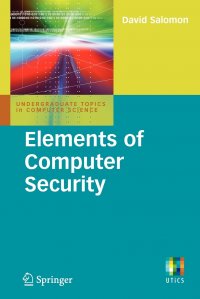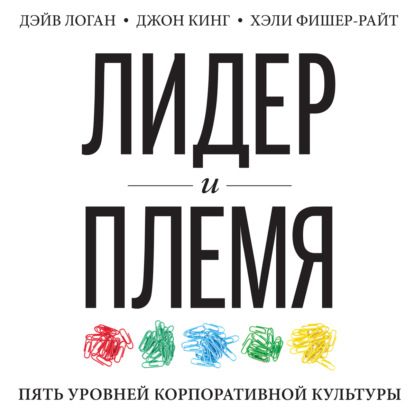As our society grows ever more reliant on computers, so it also becomes more vulnerable to computer crime. Cyber attacks have been plaguing computer users since the 1980s, and computer security experts are predicting that smart telephones and other mobile devices will also become the targets of cyber security threats in the future. Developed from the author's successful Springer guide to Foundations of Computer Security, this accessible textbook/reference is fully updated and enhanced with resources for students and tutors. Topics and features: examines the physical security of computer hardware, networks, and digital data; introduces the different forms of rogue software (or malware), discusses methods for preventing and defending against malware, and describes a selection of viruses, worms and Trojans in detail; investigates the important threats to network security, and explores the subjects of authentication, spyware, and identity theft; discusses issues of privacy and trust in the online world, including children's privacy and safety; includes appendices which discuss the definition, meaning, and history of the term hacker, introduce the language of "l33t Speak", and provide a detailed virus timeline; provides numerous exercises and examples throughout the text, in addition to a Glossary of terms used in the book; supplies additional resources at the associated website, http://www.DavidSalomon.name/, including an introduction to cryptography, and answers to the exercises. Clearly and engagingly written, this concise textbook is an ideal resource for undergraduate classes on computer security. The book is mostly non-mathematical, and is suitable for anyone familiar with the basic concepts of computers and computations. Это и многое другое вы найдете в книге Elements of Computer Security (David Salomon)
Elements of Computer Security David Salomon (книга)
Подробная информация о книге «Elements of Computer Security David Salomon». Сайт не предоставляет возможности читать онлайн или скачать бесплатно книгу «Elements of Computer Security David Salomon»















